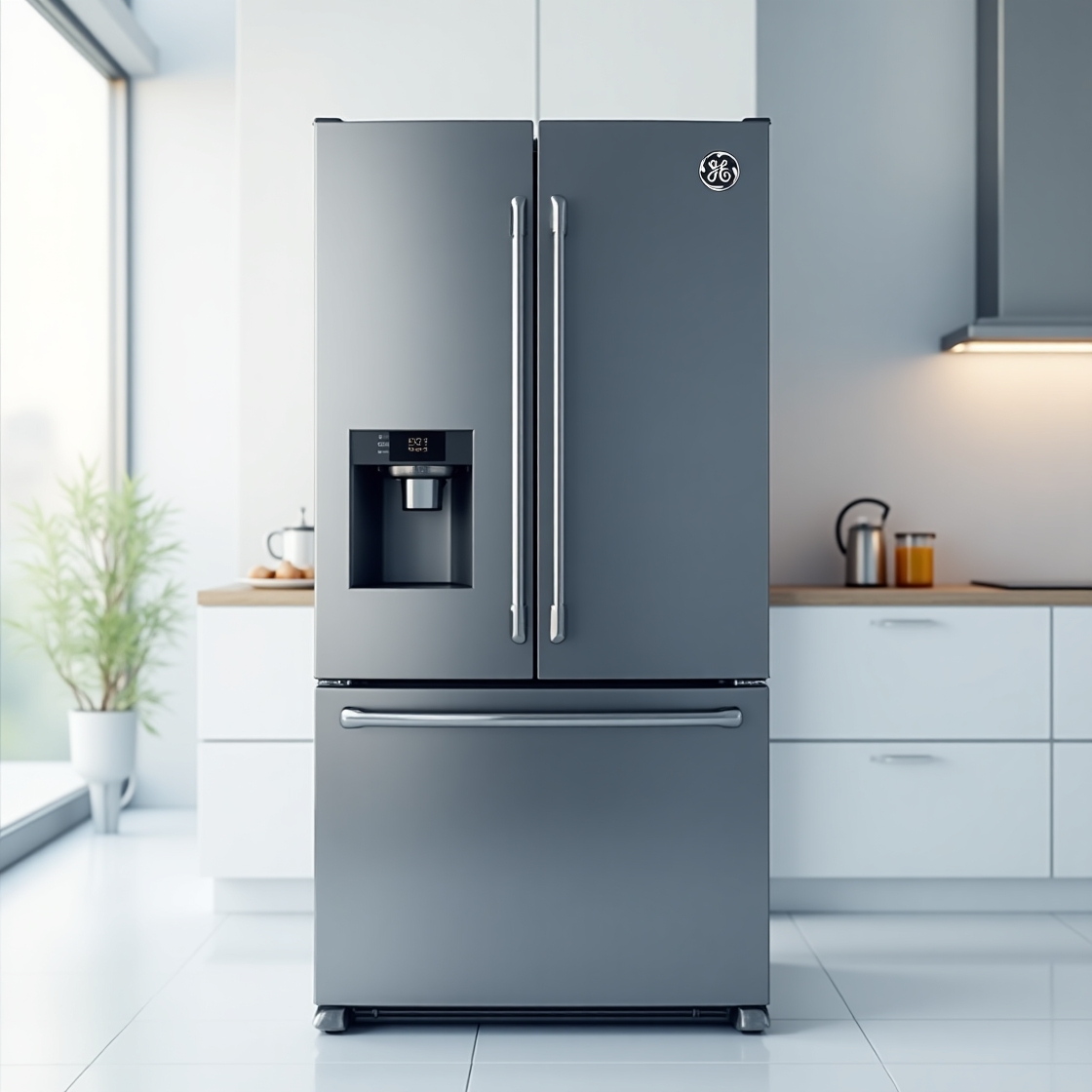Your GE refrigerator plays an essential role in keeping your food fresh and safe to eat. But what happens when it stops doing its job and won’t stay cold? Don’t worry—this is a common issue that can often be resolved with some troubleshooting and basic fixes. In this blog, we’ll guide you through several steps to help you get your GE refrigerator back to optimum performance.
1. Check the Thermostat Settings
First and foremost, ensure that your thermostat is set correctly. Sometimes, we accidentally bump the dial or push a button that changes the temperature setting. The ideal temperature for the refrigerator is between 35-38°F (1.7-3.3°C). If the thermostat is set too high (warmer), the fridge won’t stay as cold as it should. Adjust the setting and give it a few hours to stabilize.
2. Clean the Condenser Coils
Dusty or dirty condenser coils can prevent your refrigerator from cooling efficiently. These coils are usually located at the back or underneath the unit. Unplug your fridge and gently clean the coils using a vacuum cleaner or a coil brush. This will improve airflow and help the fridge maintain a cold temperature.
3. Inspect the Door Seals
A compromised door seal can allow cold air to escape, which makes it difficult for your refrigerator to maintain the desired temperature. To test the door seal, close a dollar bill in the door, half in and half out. If the bill slips out easily, you may need to replace the seal. You can find replacement gaskets at your local appliance store or online.
4. Keep the Vents Clear
The vents inside the refrigerator and freezer compartments allow cold air to circulate. Blockages can disrupt this airflow, leading to uneven cooling. Make sure there are no food items blocking these vents. Rearrange the items in your fridge to promote better air circulation.
5. Check the Evaporator Fan
The evaporator fan is responsible for distributing cold air throughout the refrigerator. If this fan isn’t working, the fridge won’t stay cold. Listen for the fan’s sound when the door is open; if you don’t hear it, the fan may need to be replaced. This is a job for a professional technician unless you feel comfortable with DIY repairs.
6. Assess the Defrost System
A malfunctioning defrost system can lead to ice buildup on the evaporator coils, hindering airflow and cooling efficiency. If you notice frost accumulation, it could mean that the defrost timer, heater, or thermostat is faulty. Defrost the fridge manually by unplugging it and letting it sit for a day, then plug it back in to see if it works. If the problem persists, consult a professional.
7. Ensure Adequate Clearance
Your refrigerator needs space around it for proper ventilation. Ensure there’s at least an inch of space between the fridge and surrounding walls. Restricted airflow can cause the compressor to overheat and fail to keep the refrigerator cold.
8. Examine the Compressor
The compressor is the heart of the refrigerator’s cooling system. If it’s not functioning correctly, the fridge won’t stay cold. Symptoms of a faulty compressor include strange noises, overheating, or the fridge not cooling at all. A malfunctioning compressor usually requires professional attention and can sometimes be a costly repair.
9. Consider the Ambient Temperature
The temperature of the room where your refrigerator is placed can affect its performance. Extremely high or low ambient temperatures can cause difficulties in maintaining the right internal temperature. Ensure your refrigerator is in a well-ventilated, temperature-controlled room for optimal performance.
10. Seek Professional Help
If you’ve tried all these steps and your GE refrigerator still won’t stay cold, it’s time to call a professional technician. They have the expertise needed to diagnose and fix more complex issues. It’s better to rely on professionals rather than risking further damage to your appliance.
By following these steps, you can troubleshoot and resolve common issues that prevent your GE refrigerator from staying cold. Regular maintenance and prompt attention to problems can extend the life of your appliance and keep your food fresh.
Feel free to share this blog post and comment below if you have any questions or additional tips on keeping your fridge cold!

